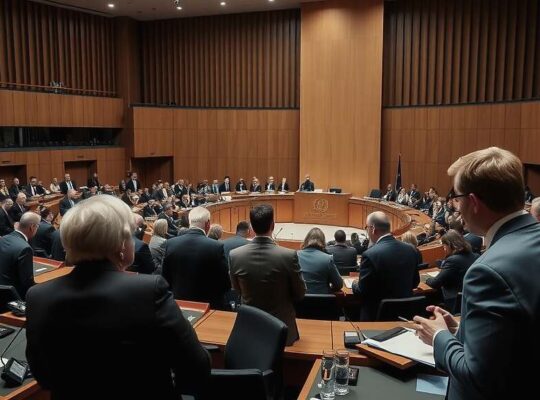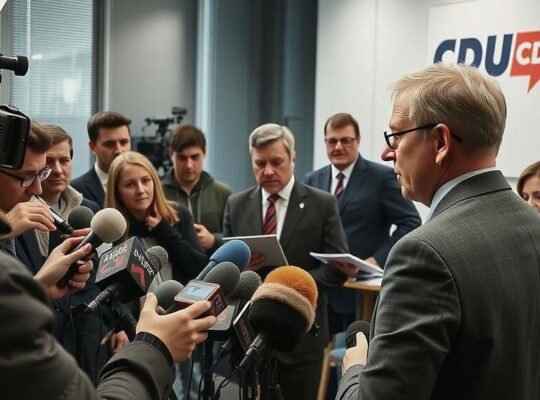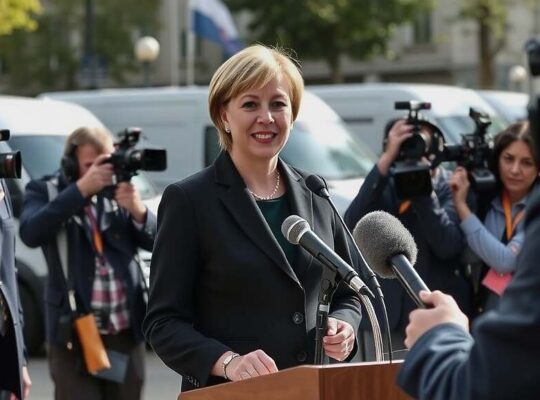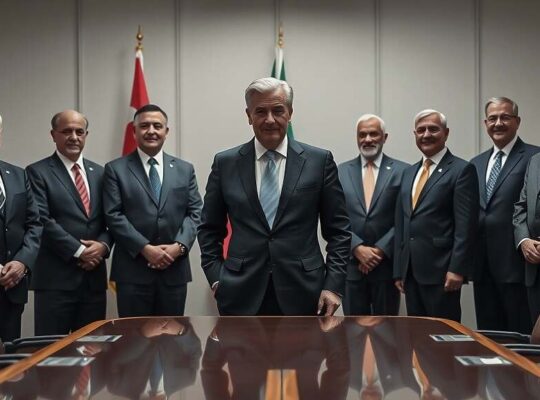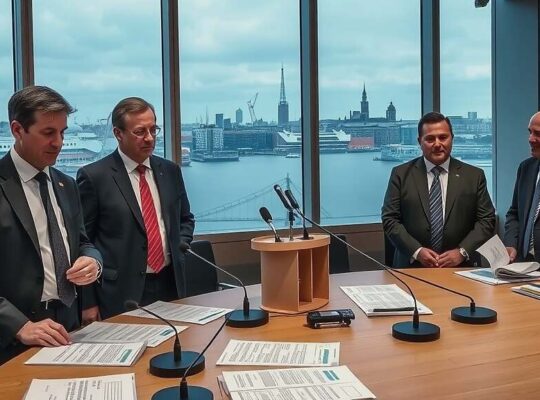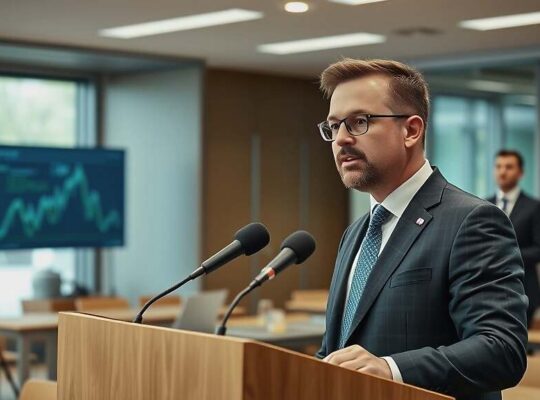The incoming President of the German Federal Council, Bremen’s Mayor Andreas Bovenschulte, is advocating for a fundamental restructuring of the nation’s federal financial system, signaling a potential clash with the federal government and sparking debate over the equitable distribution of costs for national policy initiatives. Bovenschulte, a prominent figure within the Social Democratic Party (SPD), voiced his concerns in an interview with “Welt”, highlighting the increasingly untenable situation of piecemeal negotiations between the federal government and individual states.
His call for reform stems directly from the current controversy surrounding the financing of recently implemented tax relief measures, specifically those aimed at commuters and the hospitality sector. Bovenschulte argues that the current approach fosters public perception of constant disagreement and undermines the efficiency of governance. He firmly believes that a principle of “those who order must also pay” needs to be enshrined in the relationship between Berlin and the Länder.
Beyond the immediate financing dispute, Bovenschulte has expressed reservations about the commuter allowance (Pendlerpauschale), deeming it detrimental to urban centers. He contends that the allowance incentivizes suburban sprawl and extended commutes, effectively siphoning tax revenue from cities and exacerbating traffic congestion. His critique reflects a growing concern among urban policymakers regarding the unintended consequences of policies designed to appease specific constituencies.
The mayoral concern extends to the reduction of Value Added Tax (VAT) for the restaurant industry, which he notes places a significant burden on the budgets of states like Bremen. This highlights a broader tension between federal policy, often driven by national economic considerations and the fiscal realities faced by individual states, particularly those with smaller industrial bases.
Bovenschulte’s ascension to the presidency of the Federal Council on November 1st ensures these contentious issues will be prioritized. The Council is scheduled to formally debate and vote on both the commuter allowance and VAT reduction during its December session, promising a critical juncture in the ongoing dialogue concerning federal-state financial responsibilities and the long-term sustainability of German economic policy. This impending review places considerable pressure on the federal government to acknowledge the increasing strain on state budgets and to consider more equitable models for financial collaboration.




